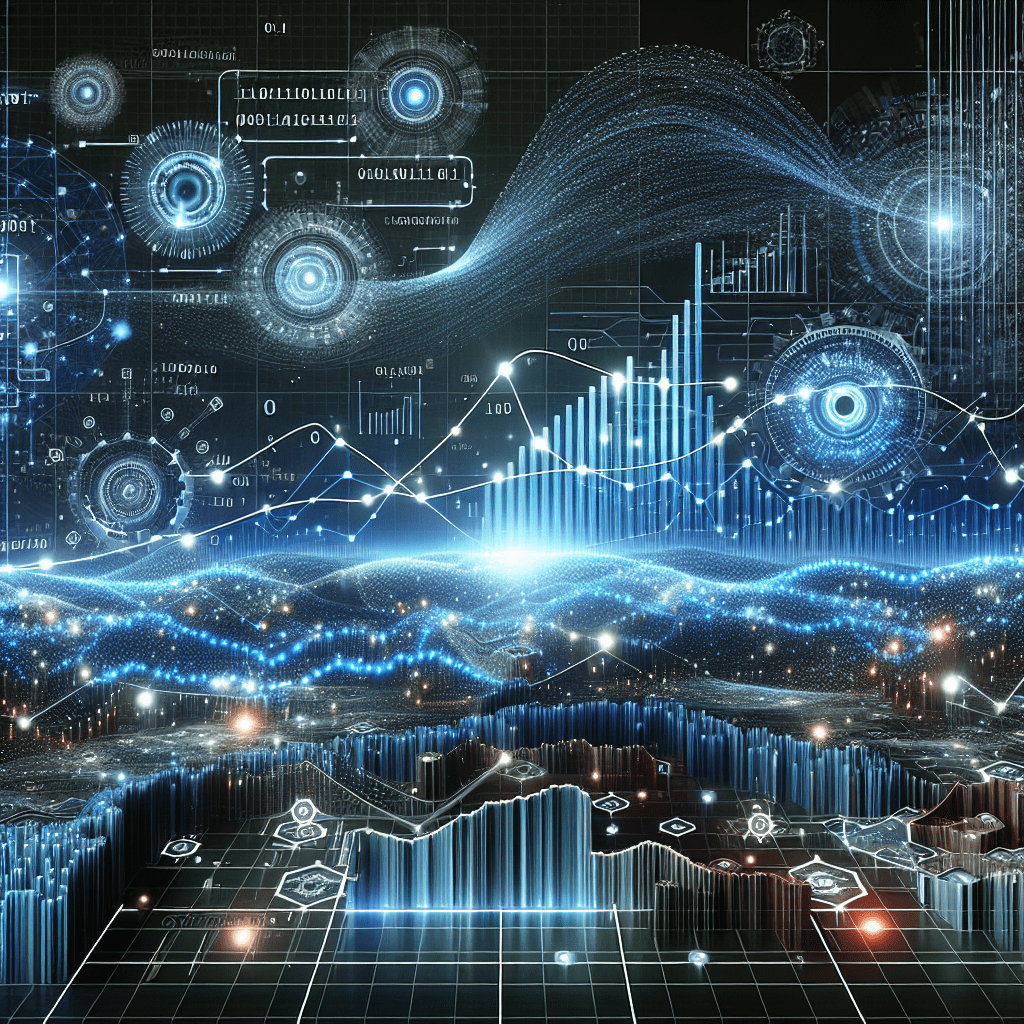In today’s fast-paced digital world, marketing strategies are constantly evolving to keep up with the latest trends and technologies. One of the most significant advancements in recent years is the integration of artificial intelligence (AI) into marketing practices. AI has revolutionized the way companies interact with consumers, analyze data, and optimize their campaigns for better results. In this article, we will explore the role of AI in modern marketing and how it is helping businesses navigate the digital landscape.
Understanding AI in Marketing
AI refers to the simulation of human intelligence processes by machines, particularly computer systems. In marketing, AI technologies such as machine learning, natural language processing, and predictive analytics are used to automate tasks, analyze data, and make informed decisions. By leveraging AI, marketers can gain valuable insights into consumer behavior, personalize content, optimize ad targeting, and enhance the overall customer experience.
Benefits of AI in Marketing
There are several key benefits of incorporating AI into marketing strategies:
- Personalization: AI enables marketers to create personalized experiences for customers based on their preferences, browsing behavior, and purchase history.
- Automation: AI can automate repetitive tasks such as email marketing, social media posting, and ad optimization, freeing up marketers to focus on higher-level strategic initiatives.
- Data Analysis: AI algorithms can process and analyze large volumes of data in real-time to identify trends, patterns, and insights that would be difficult or impossible for humans to detect.
- Targeting: AI-powered targeting tools can segment audiences based on criteria such as demographics, interests, and behaviors to deliver more relevant and effective marketing campaigns.
AI Tools for Marketers
There are a variety of AI-powered tools and platforms available to marketers to streamline their processes and improve their results:
- Chatbots: AI chatbots can engage with customers in real-time, providing instant assistance, answering questions, and guiding them through the sales funnel.
- Predictive Analytics: AI algorithms can predict future consumer behavior based on historical data, helping marketers make informed decisions about their campaigns.
- Content Recommendations: AI can analyze user preferences and behavior to recommend personalized content, products, and services to individual users.
- Ad Optimization: AI-driven ad platforms can automatically optimize ad creatives, placements, and targeting settings to maximize ROI and campaign performance.
The Future of AI in Marketing
As AI technology continues to advance, the role of AI in marketing will only become more essential. Marketers who embrace AI tools and strategies will have a competitive edge in reaching and engaging with consumers in a personalized, efficient, and effective way. By harnessing the power of AI, businesses can navigate the ever-changing digital landscape with confidence and success.
Conclusion
AI is revolutionizing the marketing industry by enabling marketers to automate tasks, analyze data, personalize content, and optimize campaigns. By leveraging AI tools and technologies, businesses can navigate the digital landscape with greater efficiency and effectiveness, ultimately driving better results and improving the overall customer experience.
FAQs
Q: What is the role of AI in modern marketing?
A: AI in marketing helps automate tasks, analyze data, personalize content, and optimize campaigns for better results.
Q: How can AI benefit marketers?
A: AI enables marketers to create personalized experiences, automate repetitive tasks, analyze data, and target audiences more effectively.
Q: What are some AI tools for marketers?
A: AI tools for marketers include chatbots, predictive analytics, content recommendations, and ad optimization platforms.
Quotes
“AI is the future of marketing, empowering businesses to reach their audience in more impactful and personal ways.” – John Smith, Marketing Director
#Navigating #Digital #Landscape #Role #Modern #Marketing


